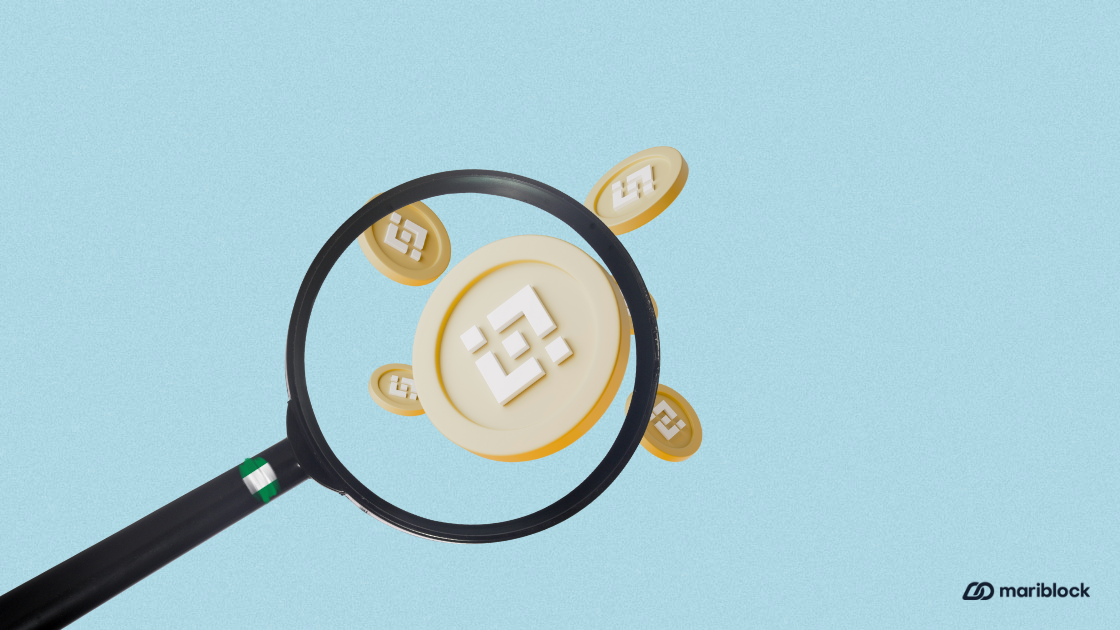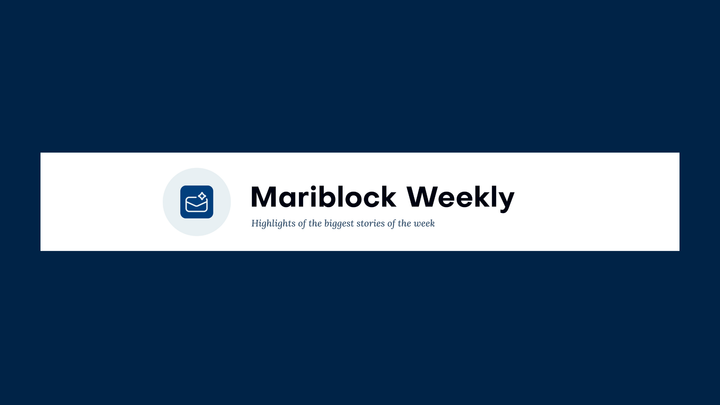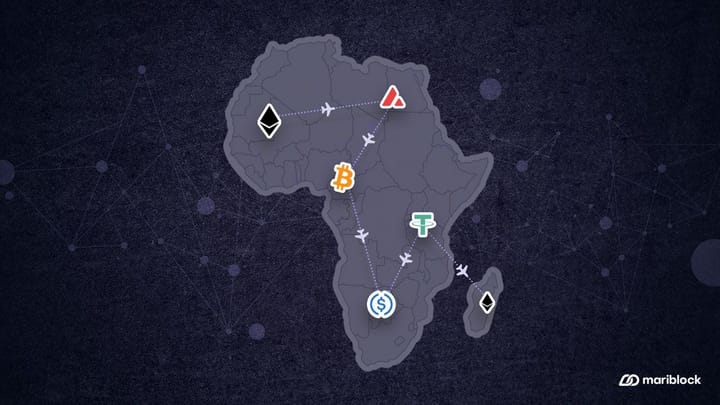Nigerian official confirms the investigation of Binance
The Office of National Security Adviser (ONSA) “is coordinating an interagency investigation into the operations of Binance,” according to ONSA’s head of strategic communications, Zakari Mijinyawa.

The Office of the National Security Adviser (ONSA) of Nigeria has confirmed that Binance, the global cryptocurrency exchange, is being investigated by the Nigerian government, according to a report by Nigerian news outlet Premium Times.
Stay up-to-date with the latest blockchain developments in Africa
The details
- ONSA’s head of strategic communications, Zakari Mijinyawa, told Premium Times that ONSA was coordinating an inter-agency investigation into Binance’s activities in the country. He declined to give further information on the development.
Key quotes
- Mijinyawa told Premium Times:
“I am confirming that the office of the national security adviser, as part of ongoing operations in the foreign exchange market with the CBN and other law enforcement and security agencies, is coordinating an interagency investigation into the operations of Binance.”
Dive deeper
- Special adviser to Nigeria’s president on information and strategy, Bayo Onanuga, also confirmed to the BBC that the Binance officials were arrested when they came into the country on the government’s invitation.
- He added that they have been fully cooperative in giving out information as required by the Nigerian authorities involved in the investigation.
- The government is accusing Binance of allowing customers to arbitrarily fix United States dollar to naira exchange rates at figures other than those officially set by the Central Bank of Nigeria.
- According to Onanuga, this directly affected the Nigerian economy, so the government needed to intervene.
- He further alleged that Binance’s customers were singlehandedly responsible for the rapid devaluation of the naira, adding that other players in the foreign exchange market corroborated this claim.
- Onanuga claims that the Nigerian government wants Binance to pay up to $10 billion in reparations and damages for sabotaging the Nigerian economy.
- However, a Peoples Gazette report called Onanuga’s $10 billion claim a lie, citing a Binance official.
What was said
- Onanuga told BBC:
“The government has been talking to the two members of Binance company who were arrested when they came into Nigeria, and they are ... giving a lot of information [to the Nigerian government.]”
- On the $10 billion fine, he said:
“This country recorded massive losses from their operations [because] they allowed people to ... fix the exchange rate arbitrarily. The government is asking them to pay us close to $10 billion in retribution because they messed up our economy in a short time.”
Timeline of events
- Last week, in what looked like a move to prevent its customers from on-ramping naira, Binance placed restrictions on purchasing USDT using Nigeria’s currency.
- Most “Buy” adverts on Binance’s peer-to-peer marketplace were removed, while “Sell” ads remained. The exchange, however, put a 1802/$ limit on the sale of the United States dollar-pegged stablecoin while the “Buy” option was removed entirely.
- This implied that regardless of the changes in the USD to naira exchange rate, P2P sellers were not allowed to sell beyond the stated price limits.
- Binance’s P2P marketplace serves mainly as an escrow — a trust holding money on behalf of two participants in a trade — to connect USDT traders to buyers at a price agreed to by both parties.
- Its move to set a price cap on the trades on its platform raised questions about why the exchange was meddling in trading activities instead of acting merely as an escrow.
- However, the crypto company reversed this move a day later, removing earlier restrictions and allowing trade to continue.
- In a press release, Binance claimed that the restrictions resulted from its system’s algorithm, which was built to prevent fraud in cases of significant currency movement.
- Later that week, the federal government of Nigeria reportedly directed telecommunications service providers to restrict access to cryptocurrency exchanges operating within the country.
- Unnamed sources close to the corridors of power and cited by several news outlets said the ban was implemented because Nigeria’s decision-makers believe that currency speculators and money launderers used these exchanges to manipulate the forex market.
- Binance confirmed in an email to its users earlier last week that its website and other major crypto exchanges were not accessible to Nigerian users.
- It added that it was committed to “adherence to local regulations and laws” and is in contact with regulators and policymakers discussing “managing the evolving landscape of cryptocurrency.”



